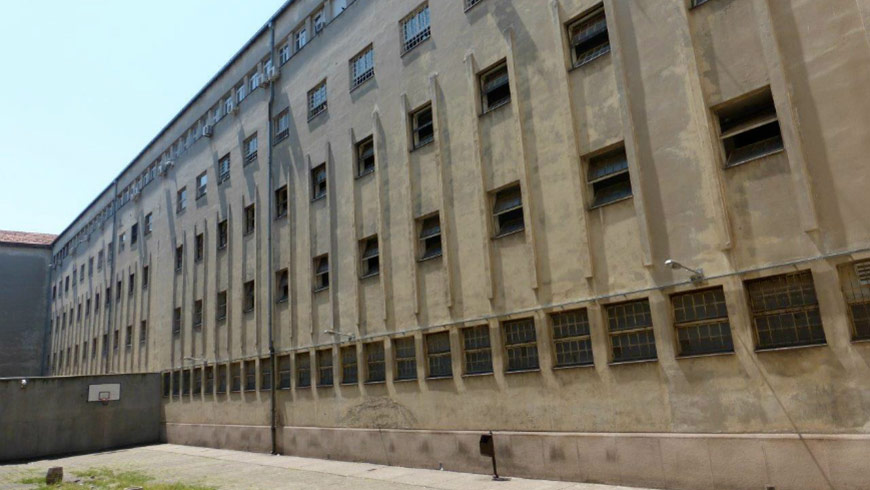The Serbian authorities must recognise that ill-treatment by the police is an accepted practice, and not the work of a few rogue officers; they must effectively investigate the allegations of ill-treatment and punish the crime, said the Council of Europe’s anti-torture committee (CPT) in the report on an ad hoc visit to 16 police stations and prisons in Serbia in May-June 2017 published today, together with the Serbian Government’s comments (see also the Serbian version of the report and of the comments).
The CPT’s delegation received a significant number of allegations of physical ill-treatment (slaps, punches, kicks, blows with truncheons or baseball bats, as well as infliction of electroshocks) of detained persons by police officers, notably among crime inspectors in larger urban areas, such as Belgrade, Niš and Novi Sad. The intended purpose apparently was to coerce suspects to admit to certain offences or to punish them. “The competent authorities must promote a fundamentally different approach towards methods of police investigation, which is not based on confession evidence but upon obtaining accurate and reliable information to discover the truth about the matter under investigation”, the report says.
To counter the current culture of impunity in police forces, it is essential that effective investigations into allegations of ill-treatment are undertaken and that criminal acts by the police are punished. Systematic recording of injuries likely to be caused by ill-treatment should be automatically forwarded to the competent investigation body; CPT called a “positive development” the establishment of such a procedure at Belgrade and Novi Sad District Prisons. To investigate ill-treatment, the Serbian authorities should ideally establish an independent police complaints body, CPT suggests, but in the shorter term reinforce the Sector of Internal Control of the Interior Ministry and end the practice of senior officers from the same unit investigating their subordinates. CPT also noted the lack of thoroughness in the investigations by prosecutors, as well as excessive length of proceedings and the leniency of sentences.



